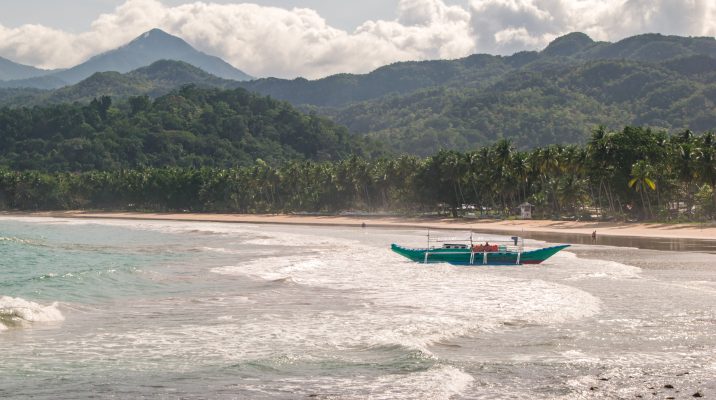The project on the “Institutionalization of Agroforestry as a Climate Change Adaptation Strategy via Local Capacity and Policy Development in Southeast Asia” was a sequel of the 2009 APN-funded project “Scaling-Up Agroforestry Promotion for Climate Change Mitigation and Adaptation in Southeast Asia”. The current project, which was implemented in June 2011 was envisioned to help sustain the initiatives of the earlier project in promoting agroforestry as a climate change adaptation strategy. This was done by building the capabilities of the local actors in the development programs, such as the junior lecturers from academic institutions, who are main responsible in transferring the new knowledge and skills to the students; and the local technicians from the local government sectors , who are providing technical assistance to the local farmers. This project likewise recognized the local knowledge of the farmers on climate change adaptation and documenting their farm-level evidences of climate change, observed effects of climate change on their agricultural production, and their adaptation strategies. Because institutionalization of agroforestry requires policy advocacy, this project also dwelled on the current issues and concerns that confront agroforestry promotion, and the corresponding measures to help address those concerns so that agroforestry can be advanced as a development strategy in Southeast Asia. This project was implemented through the collaboration of the six country networks of the Southeast Asian Network for Agroforestry Education (SEANAFE), namely: Indonesia Network for Agroforestry Education (INAFE), Lao Network for Agroforestry Education (LaoNAFE), Malaysia Network for Agroforestry Education (MANAFE), Philippine Agroforestry Education and Research Network (PAFERN), Thailand Network for Agroforestry Education (ThaiNAFE), and Vietnam Network for Agroforestry Education (VNAFE).
Project • CBA2011-13NSY-Tolentino


